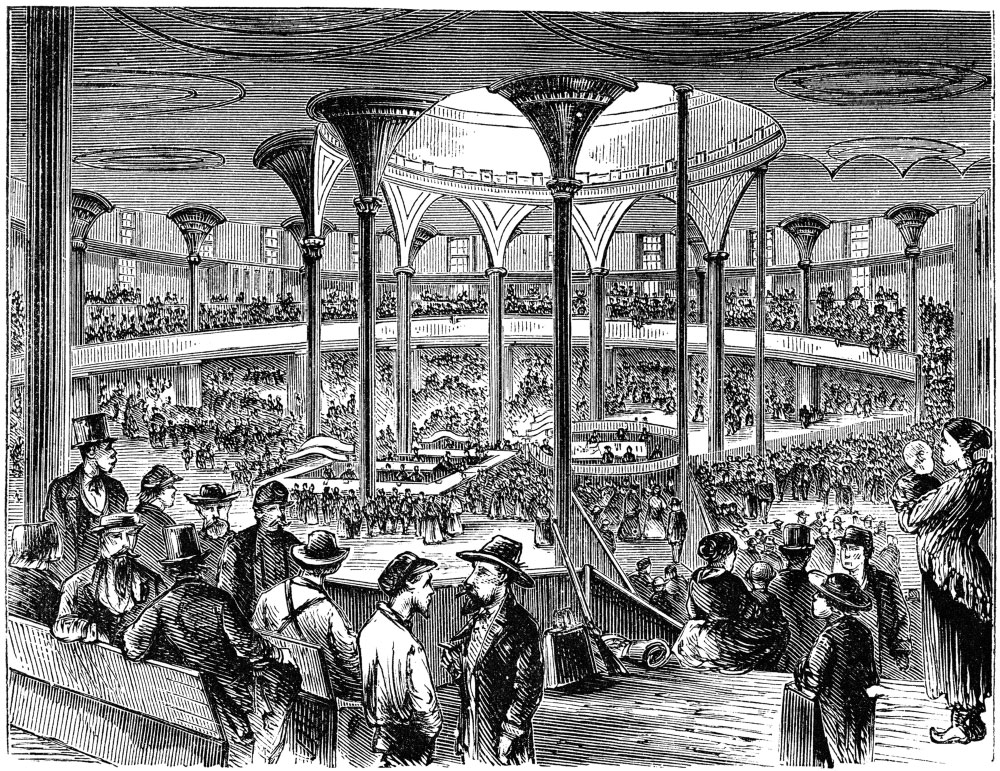2022 update: These boards remain online and are still good places to dig for connections with researchers seeking the same surnames as in your family tree!
Here are my tips for using surname message boards:
Here are my tips for using surname message boards:
- Write a specific, detailed query. List WHO you're looking for, WHERE they were, and WHEN they were there. Some good/better/best examples and suggestions for effective queries are on Rootsweb.
- Always offer to share information--it sets a positive tone and shows that you're willing to give, not just take.
- Keep your contact info up to date. If B had changed her e-mail address after posting to CousinConnect, she would never have been notified of her half-sister's response. So be sure you keep your e-mail address current with any surname message boards you use.
- Search and read the queries before you post. The answer to your question (or a contact for surname research) may already be on the surname message board, so search the queries and read the likeliest ones before you post, either starting a new thread or adding to a thread appropriate to your ancestor.
- Cast your net wide. Use specialized surname and locality message boards as well as the most popular genealogy boards. (Cyndi's List has a few to try.) I've had responses from smaller boards as well as the mega-boards.
- Track your queries. Write down where/when you post, so you can go back to update the post or change your e-mail months or years later. If you learn something significant about an ancestor you're trying to trace through a message board, you can always post a new query with the extra info. Don't plaster the same board with query after query, however.






